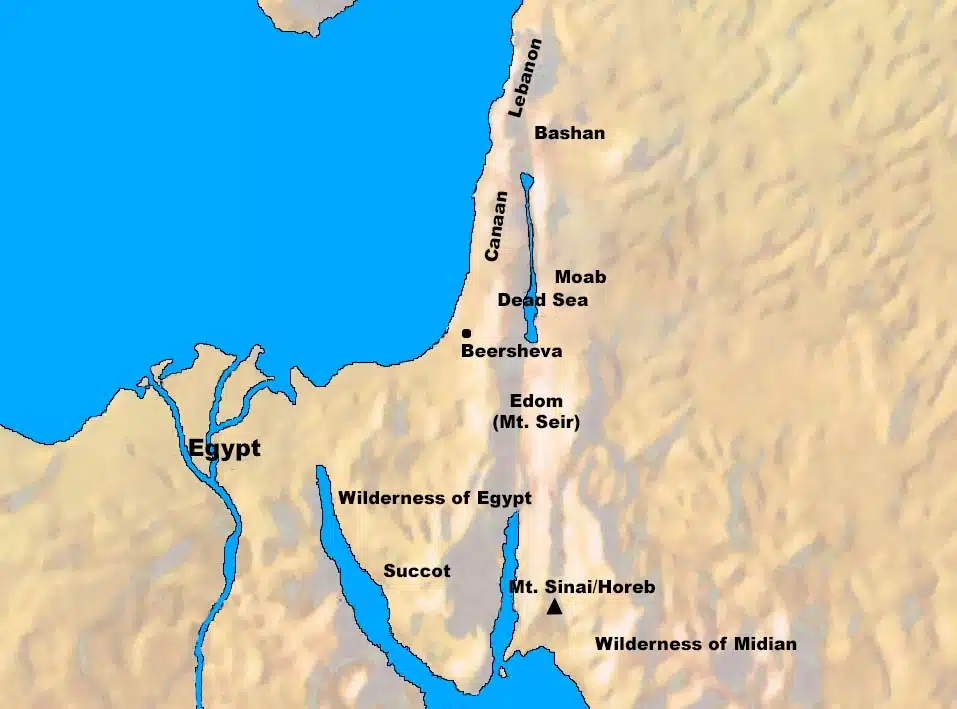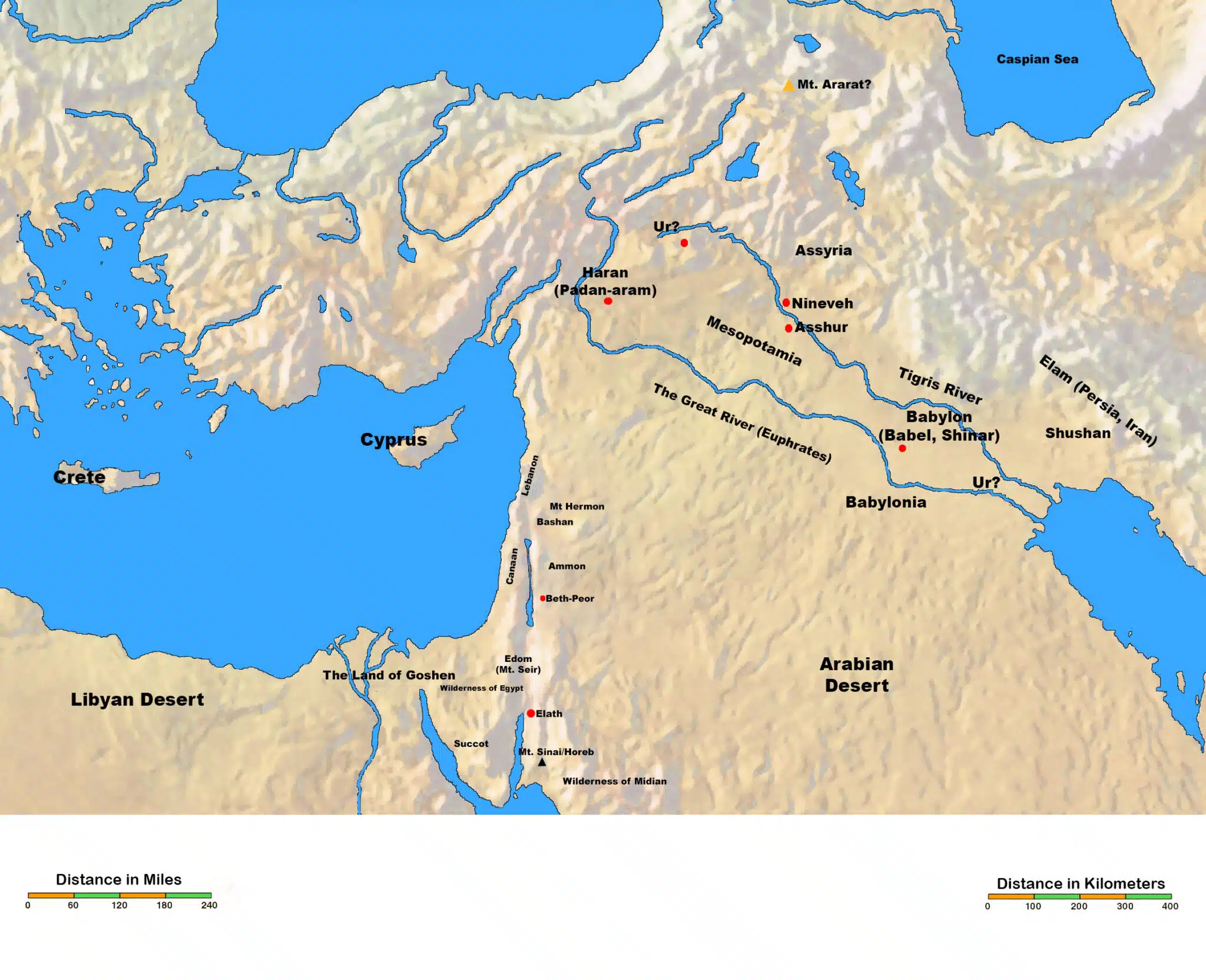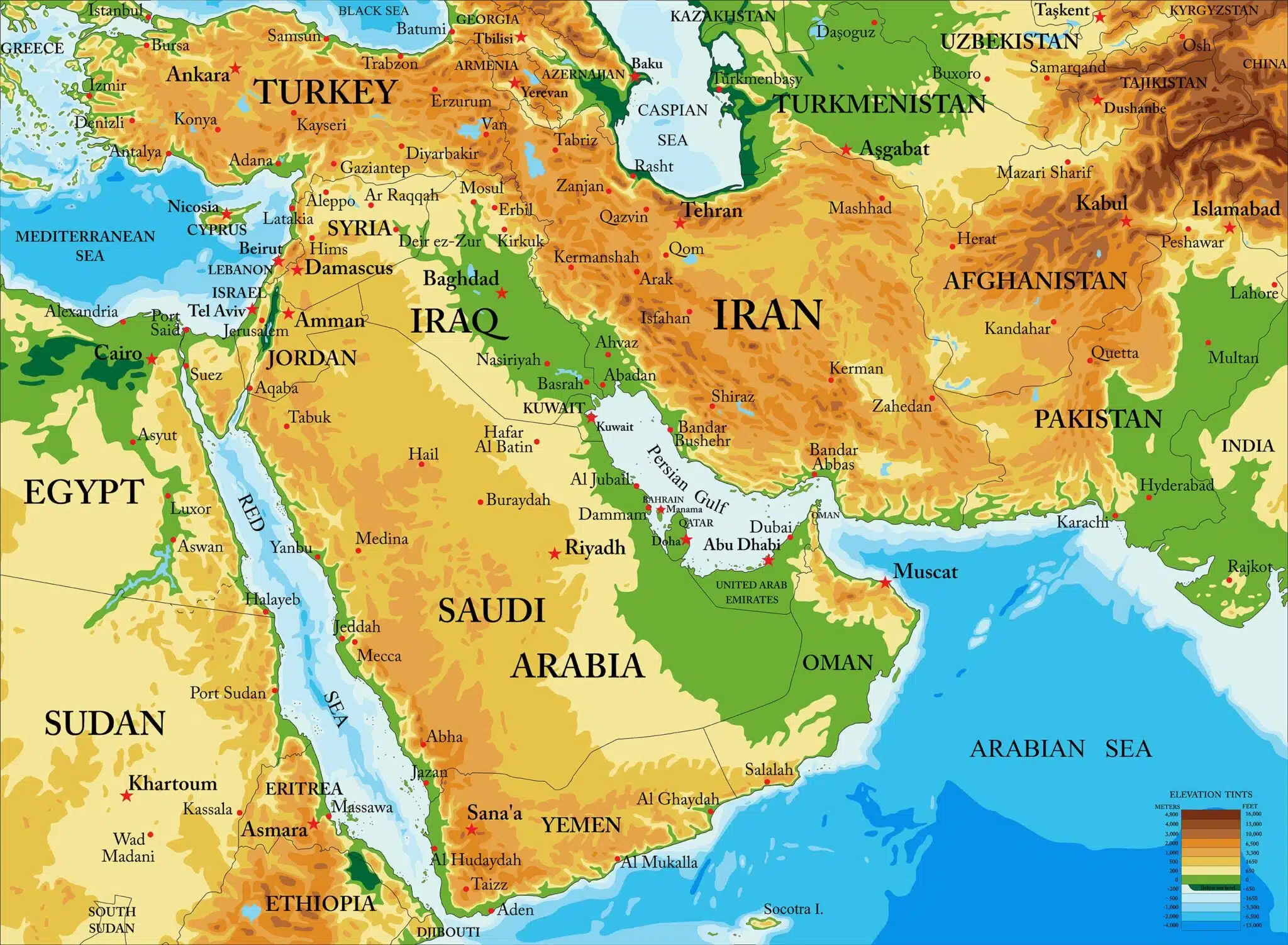Abraham, Isaac, and the two servants return to Beersheba where they lived. Abraham’s brother, Nahor, had eight children with his wife Milcah. One of the eight children, Bethuel, became the father of Rebekah. Nahor also had four children with his concubine, Reumah.
Abraham, Isaac, and the two young men arose and returned to Beersheba where they lived. We are told that Abraham lived at Beersheba. This probably means he continued to live there. Beersheba is in southern Israel, it is still called that to this day. It means “well of seven” or “well of the oath.” In modern Beersheba there is a traditional location for the well of Genesis 21:31 over which Abraham swore an oath.
Now it came about after these things, after the journey to Mt. Moriah and God sparing Isaac, that Abraham receives information of his brother’s lineage. It was told to Abraham that his sister-in-law Milcah also has borne children to his brother Nahor. Uz his firstborn, Buz his brother, Kemuel, Chesed, Hazo, Pildash, Jidlaph, and Bethuel. It is repeated that these eight Milcah bore to Nahor, Abraham’s brother.
Abraham’s brother Nahor also fathered children with his concubine, whose name was Reumah. She bore Tebah, Gaham, Tahash, and Maacah.
It should be noted that Abraham’s brother Nahor had 12 sons, as did Ishmael (Genesis 25:12-16), just as Abraham’s grandson Jacob would have 12 sons, the fathers of the 12 tribes of Israel (Israel is the name God gives to Jacob).
We are told a little more information about the family tree, that Nahor’s son, Abraham’s nephew Kemuel was the father of Aram, and more importantly, that Nabor’s son Bethuel became the father of Rebekah. This is likely why this lineage is mentioned. Rebekah would grow up to be Isaac’s wife; that account is told in Genesis 24.
Biblical Text
19 So Abraham returned to his young men, and they arose and went together to Beersheba; and Abraham lived at Beersheba. 20 Now it came about after these things, that it was told Abraham, saying, “Behold, Milcah also has borne children to your brother Nahor: 21 Uz his firstborn and Buz his brother and Kemuel the father of Aram 22 and Chesed and Hazo and Pildash and Jidlaph and Bethuel.” 23 Bethuel became the father of Rebekah; these eight Milcah bore to Nahor, Abraham’s brother. 24 His concubine, whose name was Reumah, also bore Tebah and Gaham and Tahash and Maacah.
Check out our other commentaries:
-
Luke 6:6-11 meaning
Luke narrates the second confrontation between Jesus and the Pharisees on the issue of authority over the Sabbath. The Pharisees set a trap for Jesus...... -
Romans 11:25-27 meaning
Israel is currently under a temporary disconnection of fellowship with God. Until the time of the Gentiles ends, He will keep Israel set aside from...... -
Galatians 4:1-7 meaning
Bondage under the law is like slavery, which keeps us from maturing in faith. At the right time, God sent Christ to bring us back...... -
Exodus 5:1-5 meaning
Verses 1 – 5 contain the account of Moses’ confrontation with Pharaoh. Moses begins by demanding that Pharaoh allow the Israelites to go into the...... -
Ruth 4:7-12 meaning
Boaz completed the transaction in front of witnesses and acquired the land and Ruth as his wife.......





